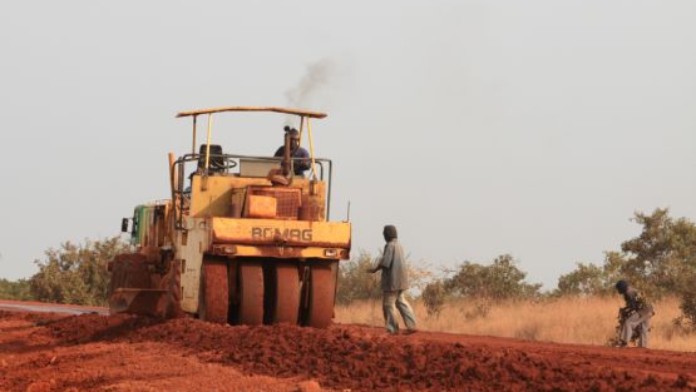News from 2017-12-07 / KfW Development Bank
More stability for northern Mali
KfW commits EUR 20 million for two new development projects

KfW Development Bank is supporting two new development projects to help stabilise the fragile situation in northern Mali. Working on behalf of the German Federal Ministry for Economic Cooperation and Development (BMZ), it has now committed EUR 10 million to each of the two projects, which are designed to stabilise the situation in the northern regions of Gao and Ménaka and to establish new future prospects for the local population.
Northern Mali is still dealing with the effects of the 2012/2013 civil war. While representatives from the Malian government and the main rebel groups signed a peace treaty in Algiers in mid-2015, implementation of the agreement has been delayed, meaning that safety conditions in northern Mali remain fragile. According to the Federal Ministry for Economic Cooperation and Development, German development cooperation is supporting implementation of the peace treaty in conjunction with the German Federal Government's involvement according to foreign and security policy.
New prospects for young people
On behalf of the Federal Ministry for Economic Cooperation and Development, KfW is now supporting a road construction programme with the NGO Welthungerhilfe, which will see the partners building and renovating rural roads in a labour-intensive process. The project will also involve members of the local population as part of a cash for work programme. The aim of this programme is to generate prospects beyond violence, particularly for young men.
The project in the crisis region is also helping to secure basic social services for the population. KfW is supporting the French NGO ACTED in building health stations, wells, cattle markets and vaccination stations. This will improve health care and make it easier to trade, thus enabling local people to generate more income.
In the new administrative region of Ménaka, a stabilisation programme is helping state partners to build and equip new government and administrative buildings. This will create a visible state presence for the local population, demonstrating the government's capacity to act. To increase trust in the new, decentralised structures, the programme will also build and renovate schools, health stations and wells to further improve living conditions for local people.

Share page
To share the content of this page with your network, click on one of the icons below.
Note on data protection: When you share content, your personal data is transferred to the selected network.
Data protection
Alternatively, you can also copy the short link: https://www.kfw-entwicklungsbank.de/s/enzBWrMC.BtCA
Copy link Link copied